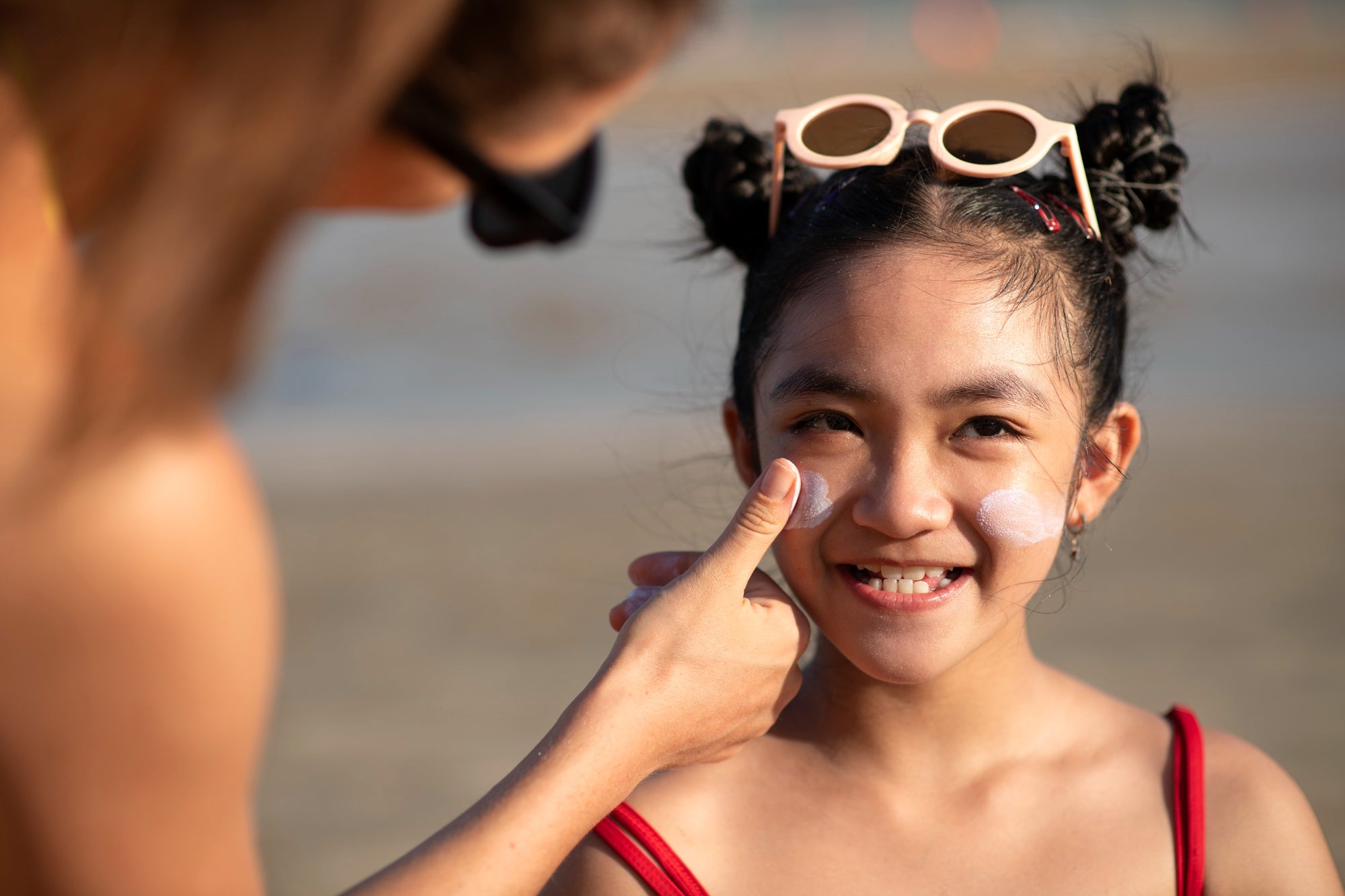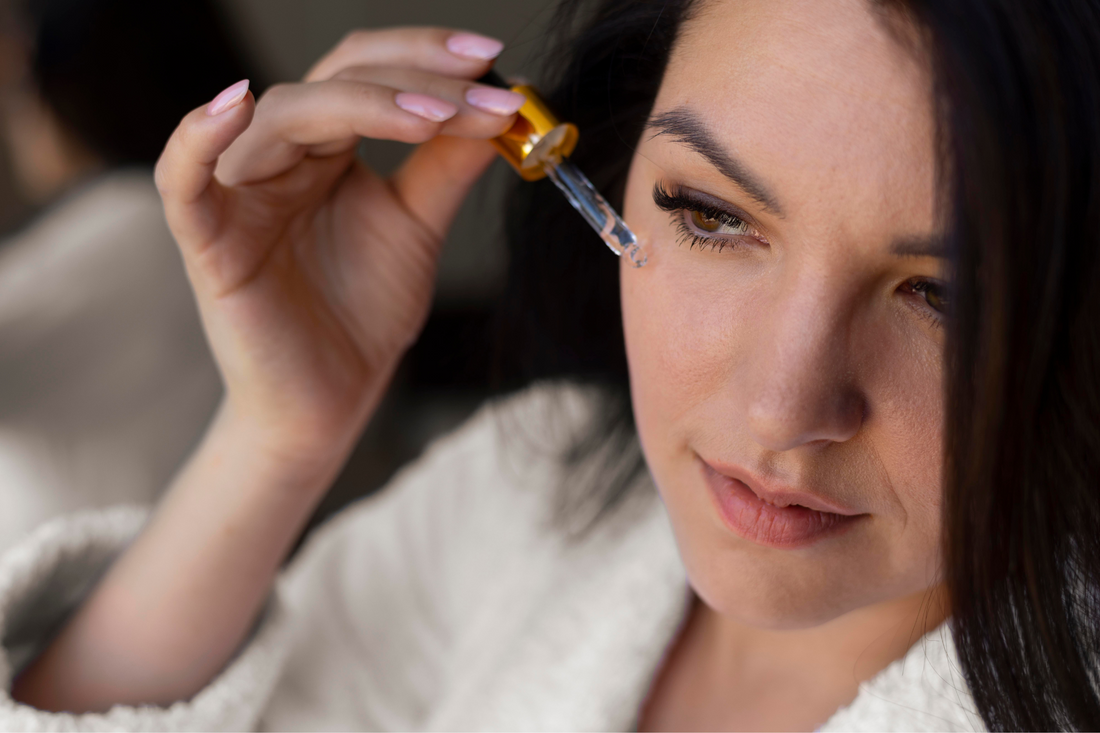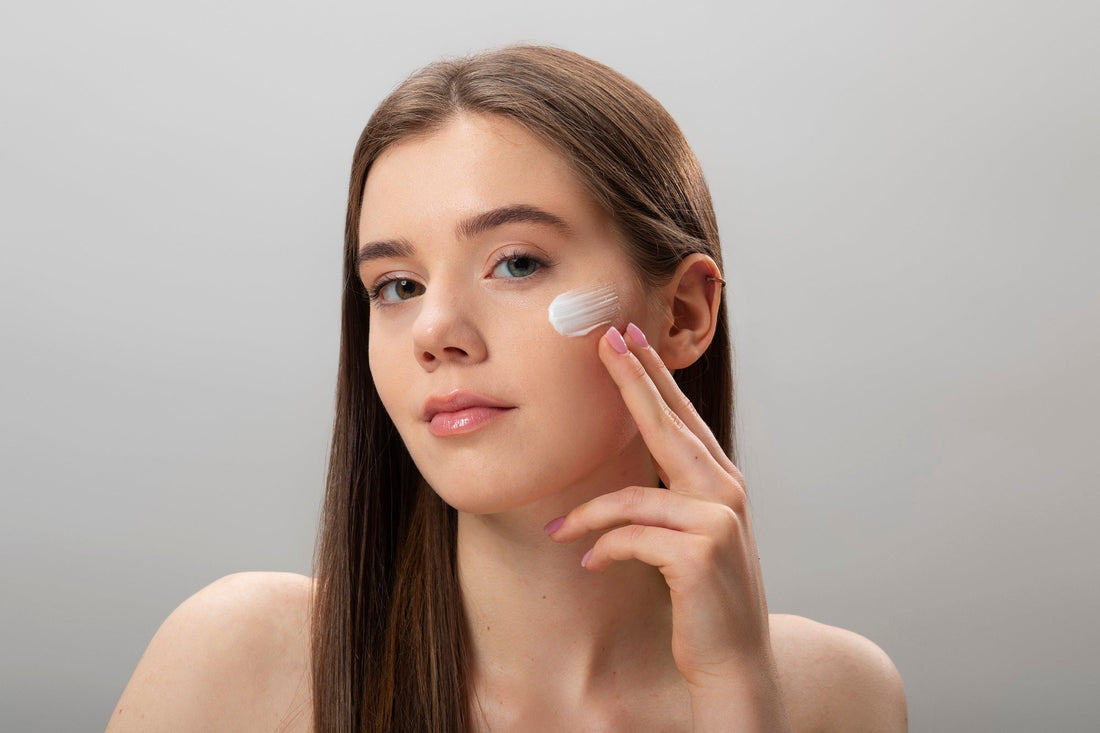People wear sunscreens to protect their skin from the harmful effects of the sun. This skincare product offers a range of benefits, and anyone can use it. However, finding the right type of sunscreen for teenagers is tricky. If you are wondering whether teenagers can use SPF 50 sunscreen, you must know that it is good for them. It provides ultimate protection against the harmful effect of the sun's UV rays. Here, you can learn everything about SPF 50 sunscreen.
What is Broad Spectrum Sunscreen?
Generally, regular sunscreen provides protection against a single type of UV rays. However, a broad-spectrum sunscreen is a type of sunscreen that offers protection against both UVA and UVB rays. Both UV rays cause skin cancer. Hence, you should get a broad spectrum sunscreen spf 50 for excellent sun protection.
Understanding Sunscreen Terminology
The SPF for sunscreen stands for Sun Protection Factor. Most sunscreens come in different SPF levels, meaning they offer different levels of protection against sun damage. SPF level starts from SPF 15 to SPF 50. A higher SPF level indicates a higher level of protection.
Another sunscreen terminology you must know is the + sign, as it indicates the level of protection against UVA rays. More + sign-in sunscreen means better UVA protection.
Benefits of Using Broad Spectrum Sunscreen SPF 50 for Teenagers
Here are some benefits of using the broad spectrum sunscreen SPF 50 for teenagers, including:
1. It prevents sunburn
Sunburn causes discomfort and increases the risk of skin damage. But wearing sunscreen helps prevent painful sunburn when you go outside or stay more time around the reflected surface.
2. It protects against skin cancer.
Sunscreen makes a layer on the skin that protects it from harmful rays that increase the risk of skin cancer later in life.
3. It prevents premature aging.
Exposure to the sun can cause premature aging. But sunscreen effectively reduces the common signs of premature aging, like fine lines and wrinkles.
4. It prevents acne
If your skin is prone to acne, you should use broad spectrum sunscreen as it prevents breakouts caused by clogged pores.
5. It reduces the risk of hyperpigmentation.
Sunscreen is also effective in reducing hyperpigmentation on the face caused by sun exposure.
6. It boosts confidence
Using sunscreen helps you protect your skin from sun damage and keep it young. Having smooth and healthy skin helps boost confidence in teenagers.
Best Sunscreen for Teenagers
Let's take a look at the excellent sunscreen that teenagers can use.
1. ThatMatt - Sunscreen SPF 50 PA++++
It is a broad spectrum sunscreen SPF 50, which contains Zinc Oxide, Titanium dioxide, and Bemotrizinol, which provide excellent protection against both UVA and UVB rays. It is non-comedogenic, meaning it doesn't form Comedones that can clog and block the skin pores. It is known for preventing premature aging and sunburn. It also lowers the risk of skin cancer. Use this sunscreen product when you go outside in the sun to lower the appearance of blotches on your face.
Factors to Consider When Choosing Broad Spectrum Sunscreen SPF 50 for Teenagers
Before you choose any sunscreen product, you must consider some factors that help you select the best broad spectrum sunscreen for teenagers. Some factors you should consider before getting sunscreen include:
1. Your skin type
Teenagers have different skin types. For instance, they have dry, oily, or combination skin types. You should get sunscreen that is made for your skin.
2. Water resistance
If you are going swimming while wearing sunscreen, you should consider whether it is water-resistant or not.
3. Active ingredients
Look at the active ingredients of the sunscreen and ensure it contains zinc oxide and titanium dioxide.
4. Non-comedogenic
You should ensure that the sunscreen is non-comedogenic. If it is non-comedogenic, it won't block pores.
5. Texture
Another thing you should check before you choose the sunscreen is its texture. Sunscreens come in various forms, like lotions, creams, gels, and sprays.












